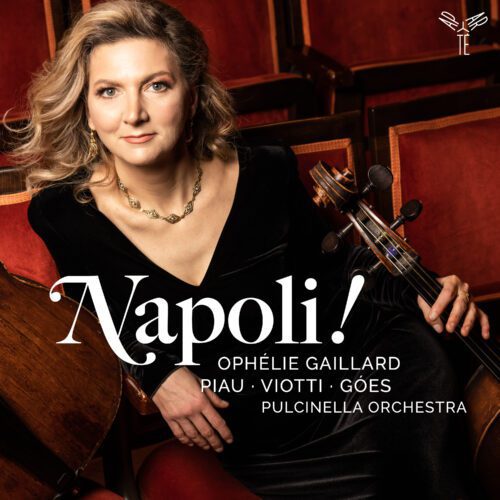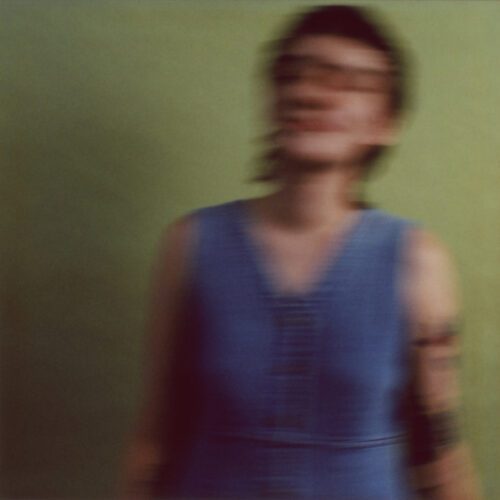What a splendid programme! Cellist Ophélie Gaillard, with her friends Sandrine Piau (soprano), Marina Viotti (mezzo) and Luan Goes (countertenor), and accompanied by the Pulcinella Orchestra, take us on a wonderful journey through the Neapolitan musical magic of the 17th and 18th centuries. While we can fully appreciate the work of some very well-known composers (Pergolesi and Alessandro Scarlatti), there are plenty of discoveries to be made thanks to other lesser-known creators (Leo, Porpora, Durante) and above all illustrious unknowns (only nowadays, because they were mostly famous back then!) such as Sarro, Fiorenza, Barbella and Lanzetti.
Napoli is in fact the continuation of a ‘series’ of investigations that Gaillard is carrying out into the Baroque cello repertoire throughout Europe. It is worth listening to the previous albums (Madrid, Berlin, Venice, London) to fully appreciate her approach. As precise as ever in her investigations, leaving few corners of history untouched, she unearths marvellous nuggets that may still offer only a tiny glimpse of what was being done at the time, but which have the immense benefit of making us dream of an almost inexhaustible future of new discoveries!
Mostly instrumental, the cellist’s approach nevertheless leaves some room for unsuspected gems from the vocal repertoire. Witness the poignant Lamentación segunda del Jueves Santo by a certain Corselli, beautifully sung by Sandrine Piau, or the seductive Non turbar quand’io mi lagno, taken from the opera L’isola disabitata, composed by Giuseppe Bonno (Mezzo-soprano Marina Viotti, excellent). Everything is wonderfully played all around, as we could have guessed from the beginning.
Immerse yourself without hesitation in a time that no one under 200 would have known, in a maze of streets where music resounded at every unexpected turn of the corner.
























